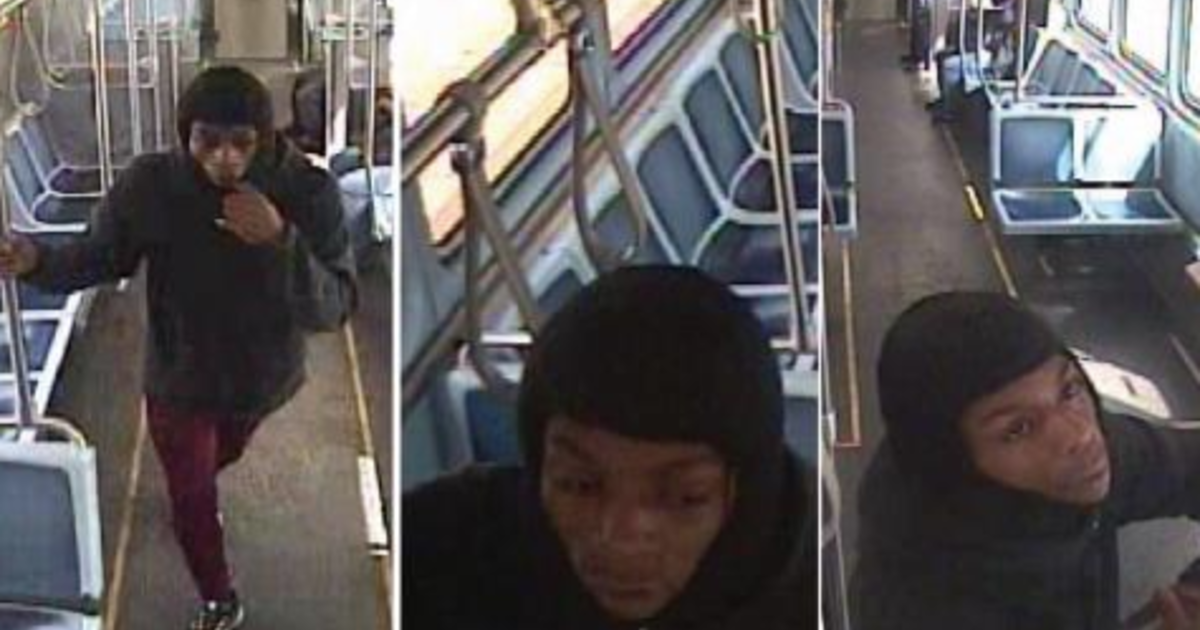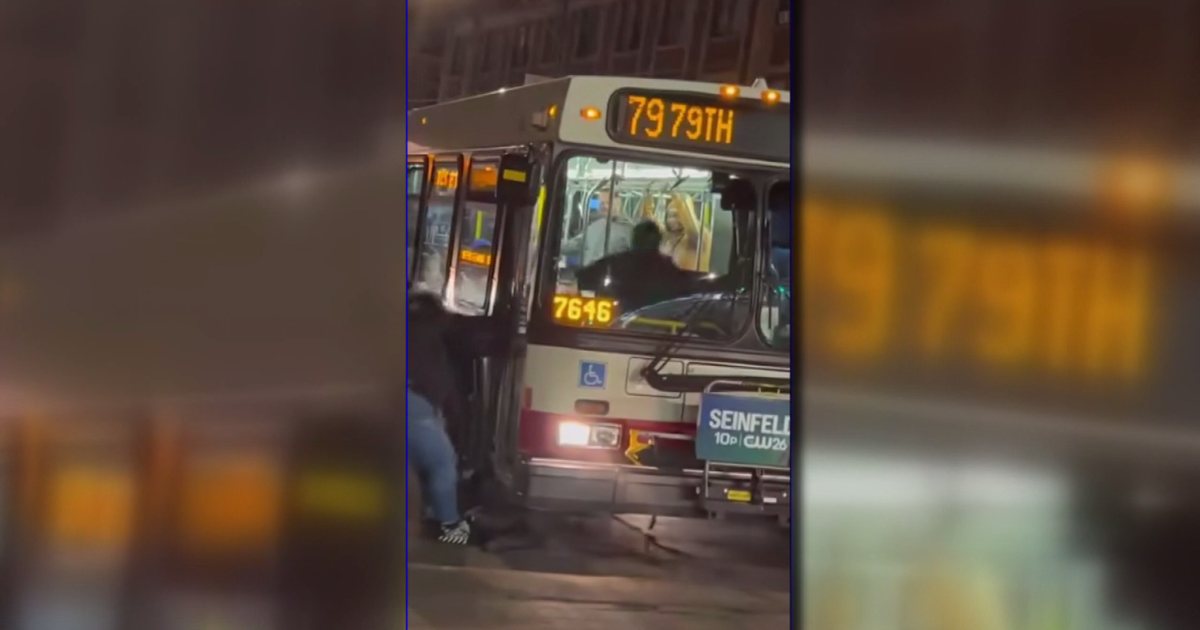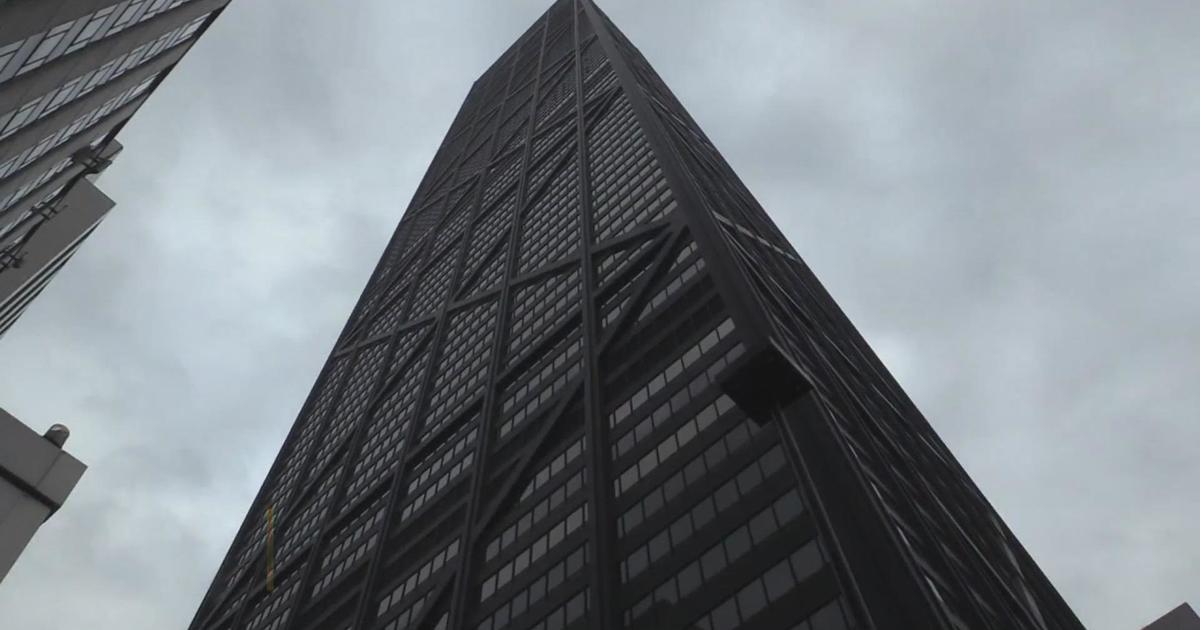CTA To Allow Rear Door Boarding On Buses; Drivers May Skip Stops If Buses Get Crowded To Limit Spread Of Coronavirus
CHICAGO (CBS) -- In an attempt to slow the spread of COVID-19, the CTA is now allowing riders to board buses through the rear door, to minimize contact with drivers. Buses also will be allowed to skip stops if they become crowded.
"While this is an extremely difficult time for all of us, I am heartened by the resilience of our bus and train operators who our communities rely on every day for transportation, especially our South and West Side neighborhoods that have been hit the hardest by this pandemic," Mayor Lori Lightfoot said in a statement. "With these new measures, we're further ensuring the health and safety of not only our most vulnerable residents but also our CTA employees, who are transporting our police officers, firefighters, paramedics and healthcare workers from the frontlines of this fight to their homes."
Starting Thursday, when CTA buses pull up to a stop, drivers will direct passengers to enter through the rear door. Signs also will be posted on the front of all buses, telling customers to use the rear door, or signal the driver for assistance at the front door if they need to use the ramp.
https://chicago.cbslocal.com/map-how-many-covid-19-cases-in-your-zip-code-find-out-here/
In most cases, passengers will have to open the rear door themselves, as drivers cannot automatically open rear doors on most buses. Fare card readers also will be moved to the rear doors of buses. If a bus does not have a fare card reader at the rear door, passengers won't have to pay their fare.
For passengers who use wheelchairs or other mobility devices, or otherwise need to use a bus ramp to board, they can signal the bus driver to activate the ramp at the front door.
The mayor's office said bus drivers also will be allowed to bypass some stops if a bus becomes crowded to allow for social distancing on buses. The CTA is using a guideline of 15 passengers on a standard 40-foot bus, and 22 passengers on a 60-foot articulated bus.
"Public transit is an essential service on which Chicagoans depend, including healthcare workers, emergency responders and many others who rely on transit to make ends meet," said CTA President Dorval R. Carter, Jr. "This is one of many measures we have taken to better protect our riders as well as our employees, whose commitment and dedication have helped to keep Chicago moving throughout this crisis."
As of a week ago, ridership on the CTA was down 82% amid the coronavirus pandemic, but the mass transit agency is still running a normal schedule. The CTA and Mayor Lori Lightfoot have said they do not plan to reduce service, because many healthcare workers, first responders, and other essential workers rely on public transportation to get to work, and they also do not want to risk overcrowding by running fewer buses and trains.
We asked transit expert Joe Schwieterman about the CTA's ability to scale back during the pandemic.
"If they run too much, their budget is going to be a financial disaster," Schwieterman said. "CTA is between a rock and a hard place. If they cut the schedule too much to protect their workers and so forth, you end up with crowding on trains, people bunching up."



